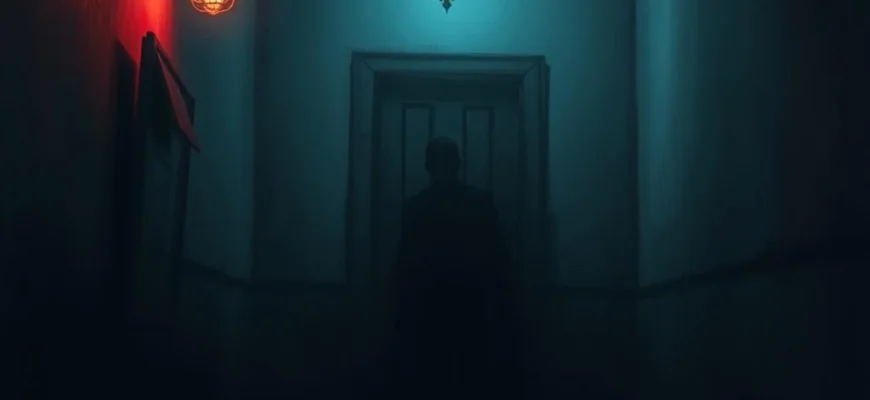If you loved the eerie and suspenseful atmosphere of 'Room 0 (2024)', you're in for a treat! This article explores 10 similar movies and shows that deliver the same chilling thrills, psychological tension, and mysterious storytelling. Whether you're a fan of psychological horror, sci-fi twists, or claustrophobic settings, these recommendations will keep you on the edge of your seat.
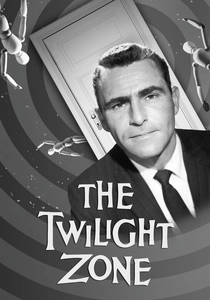
The Twilight Zone (1959)
Description: An anthology series that explores psychological horror, science fiction, and supernatural themes through standalone episodes, often with twist endings that challenge perceptions of reality.
Fact: The iconic theme music was composed by Marius Constant, replacing the original score by Bernard Herrmann. The series was revived multiple times, with each iteration maintaining the eerie, thought-provoking tone of the original.
 Watch Now
Watch Now 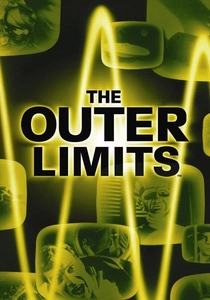
The Outer Limits (1963)
Description: A science fiction anthology series that blends horror and speculative fiction, often exploring themes of alien encounters, government conspiracies, and the unknown.
Fact: The show's famous opening narration, 'There is nothing wrong with your television set,' became a cultural catchphrase. It was known for its eerie atmosphere and moral dilemmas.
 Watch Now
Watch Now 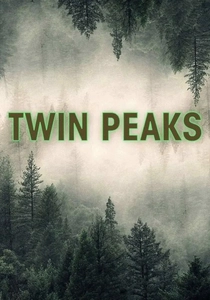
Twin Peaks (1990)
Description: A surreal mystery series that blends small-town drama with supernatural elements, creating an unsettling and dreamlike narrative filled with enigmatic characters.
Fact: The show's iconic Red Room scenes were inspired by director David Lynch's own dreams. The Log Lady became one of the most memorable and cryptic characters in TV history.
 Watch Now
Watch Now 
The X-Files (1993)
Description: A blend of science fiction, horror, and conspiracy theories, following FBI agents as they investigate unexplained phenomena, often uncovering deeper, unsettling truths.
Fact: The phrase 'The truth is out there' became synonymous with the show. It popularized the 'monster-of-the-week' format alongside its overarching mythology.
 Watch Now
Watch Now 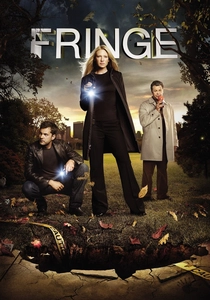
Fringe (2008)
Description: A sci-fi series that combines fringe science, alternate realities, and government conspiracies, creating a tense and mysterious atmosphere with layered storytelling.
Fact: The show's fictional company, Massive Dynamic, was inspired by real-world tech giants. It often paid homage to classic sci-fi and horror tropes.
 Watch Now
Watch Now 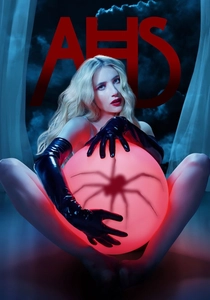
American Horror Story (2011)
Description: An anthology series that reinvents itself each season, exploring different horror subgenres with a focus on psychological terror, haunted settings, and twisted human nature.
Fact: Each season is loosely based on real-life events or urban legends. The show's title sequence changes to reflect the theme of the current season.
 Watch Now
Watch Now 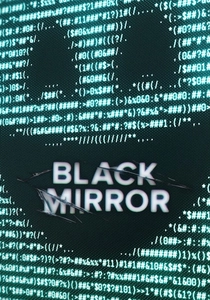
Black Mirror (2011)
Description: A modern anthology series that delves into the dark side of technology and human nature, presenting dystopian futures and unsettling scenarios that mirror contemporary societal anxieties.
Fact: The title 'Black Mirror' refers to the reflective screens of devices like smartphones and TVs. Each episode is a self-contained story, often leaving viewers with lingering existential questions.
 Watch Now
Watch Now 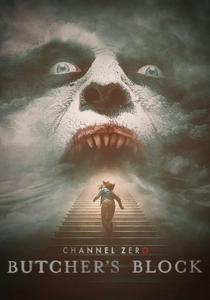
Channel Zero (2016)
Description: A horror anthology series that adapts creepy internet stories, delving into psychological horror and surreal nightmares that blur the line between reality and imagination.
Fact: Each season is based on a different 'creepypasta' story. The show is known for its slow-burn tension and visually disturbing imagery.
 Watch Now
Watch Now 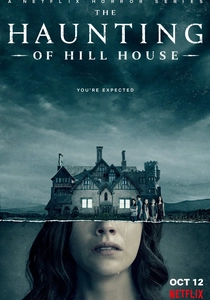
The Haunting of Hill House (2018)
Description: A gothic horror series that intertwines family drama with supernatural elements, using non-linear storytelling to explore trauma, grief, and the lingering effects of the past.
Fact: The show features hidden ghosts in the background of many scenes, rewarding attentive viewers. It was praised for its emotional depth and atmospheric dread.
 Watch Now
Watch Now 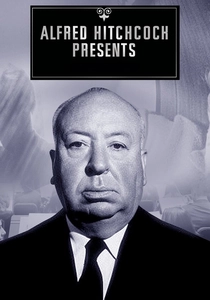
Alfred Hitchcock Presents (1955)
Description: A classic anthology series featuring suspenseful and often macabre tales, with Hitchcock's signature dark humor and twist endings that play on human fears and paranoia.
Fact: Hitchcock himself introduced each episode with his deadpan humor. The series adapted stories from famous writers like Roald Dahl and Ray Bradbury.
 Watch Now
Watch Now 
